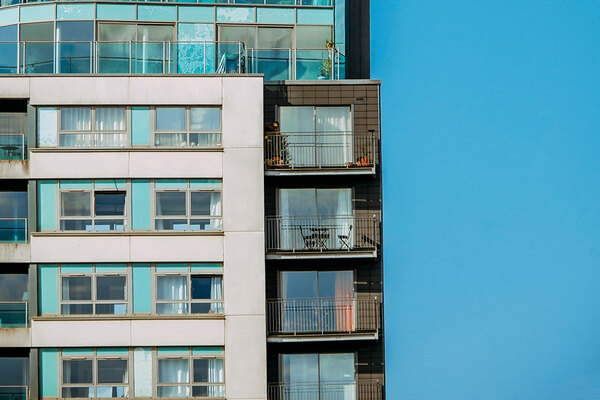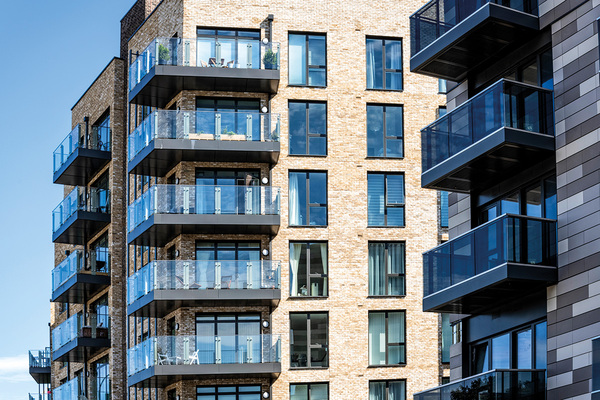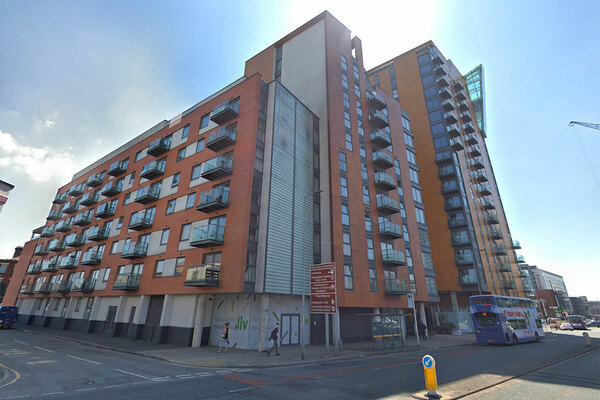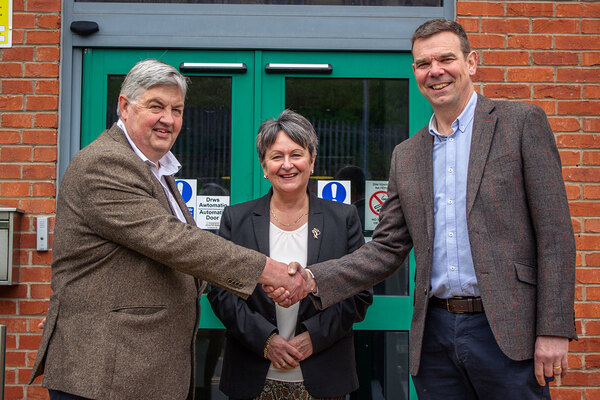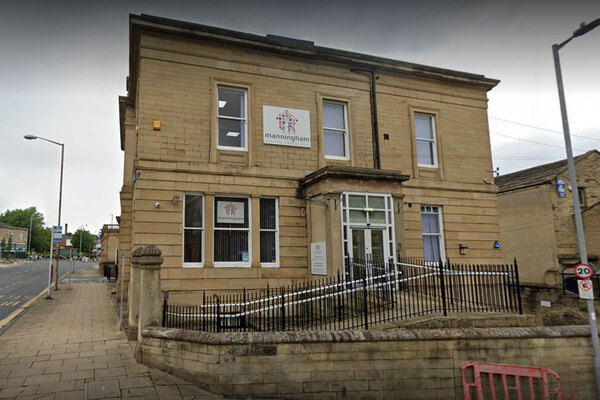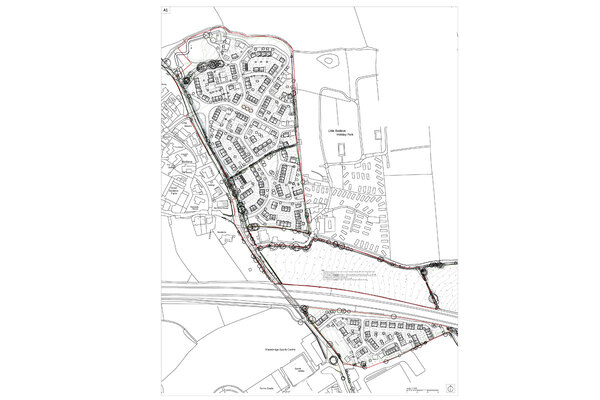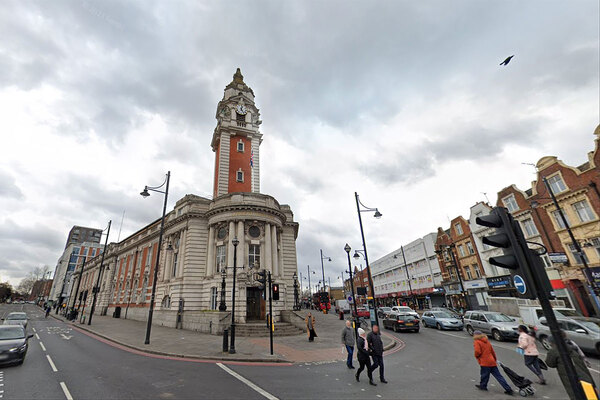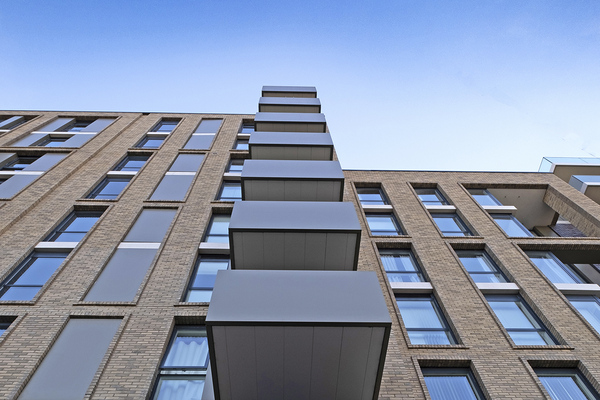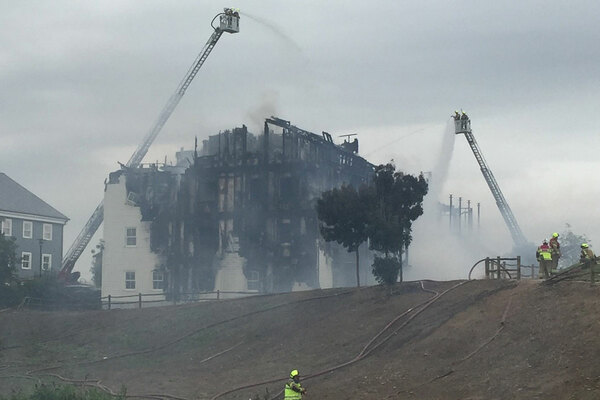You are viewing 1 of your 1 free articles
Nearly 1,000 housing association ‘mortgage prisoners’ as cladding issues hit property sales
Nearly 1,000 leaseholders in London are unable to sell or remortgage their homes due to banks being unwilling to lend on them because of potential cladding issues.
Nearly 1,000 leaseholders in London are unable to sell or remortgage their homes due to banks being unwilling to lend on them because of potential cladding issues.
The G15, which represents London’s 12 biggest housing associations, found that in June, 987 households had become so-called ‘mortgage prisoners’, meaning they are unable to move or remortgage because of cladding fears.
Banks are increasingly demanding leaseholders get independent checks of the materials on their buildings before mortgages can be issued. These checks come as part of the External Wall System 1 (EWS) form, where inspectors assess whether a building’s cladding system is safe or in need of remedial work.
Thousands of sales across the country have been on pause because of the EWS process, with some estimating that more than 600,000 leaseholders could be affected. Housing association leaseholders and shared owners have been particularly badly affected.
Latest figures from the G15 cover properties owned and managed by 10 of the body’s 12 housing association members and reflect new build sales and resales of existing properties that are currently on hold, as well as staircasing and remortgage applications that are being held up.
The 987 figure is a slight drop from the 1,059 households unable to secure mortgages that were recorded by the 10 housing associations at the start of March.
A total of 126 buildings owned by G15 landlords have now had an EWS check completed, up from just 26 in March. This is a significant improvement in the pace with which buildings are being checked. However, it highlights the scale of the work that still needs to be done, with the G15 estimating that more than 1,000 of their blocks taller than 18m will need to be checked.
The figures do not break down the number of buildings where an EWS check has judged that a building needs remedial works.
If a building is deemed in need of works, this would hold up mortgage offers until work is completed and can often cost leaseholders and associations tens of thousands of pounds to carry out.
There is also a worrying trend of mortgage lenders unwilling to lend on buildings below 18m until an EWS form is completed. Inside Housing has spoken to dozens of housing association leaseholders who have been unable to secure mortgages on buildings as small as 9m until an EWS check has been completed.
The G15’s figures show that the decrease in the number of homes affected by the EWS process is largely due to the number of new build properties that have been able to successfully secure a sign-off.
The number of new build properties unable to secure mortgages is 364, compared with 526 in March.
This is largely down to it being easier to sign off new builds without intrusive checks of the cladding systems.
For existing homes where resales, staircasing or remortgaging are blocked until an EWS can be issued, the number of leaseholders has gone up from 533 to 623. It is felt that this figure could be far higher as some leaseholders may have held off on sales or remortgaging their properties after becoming aware of the EWS process.
Helen Evans, chair of the G15 and Chief Executive of Network Homes said: "We’re six months into using the EWS1 form and there are still around 1,000 families whose lives are now on hold, just in relation to G15 homes.
"The form has helped give peace of mind to many leaseholders but there are many more in limbo, waiting for a form so they can progress, and even more who are stuck in uncertainty as their blocks are below 18 metres.
"We need more clarity from lenders and valuers on when the form is used and the government to take clear action to help in freeing up the market."
